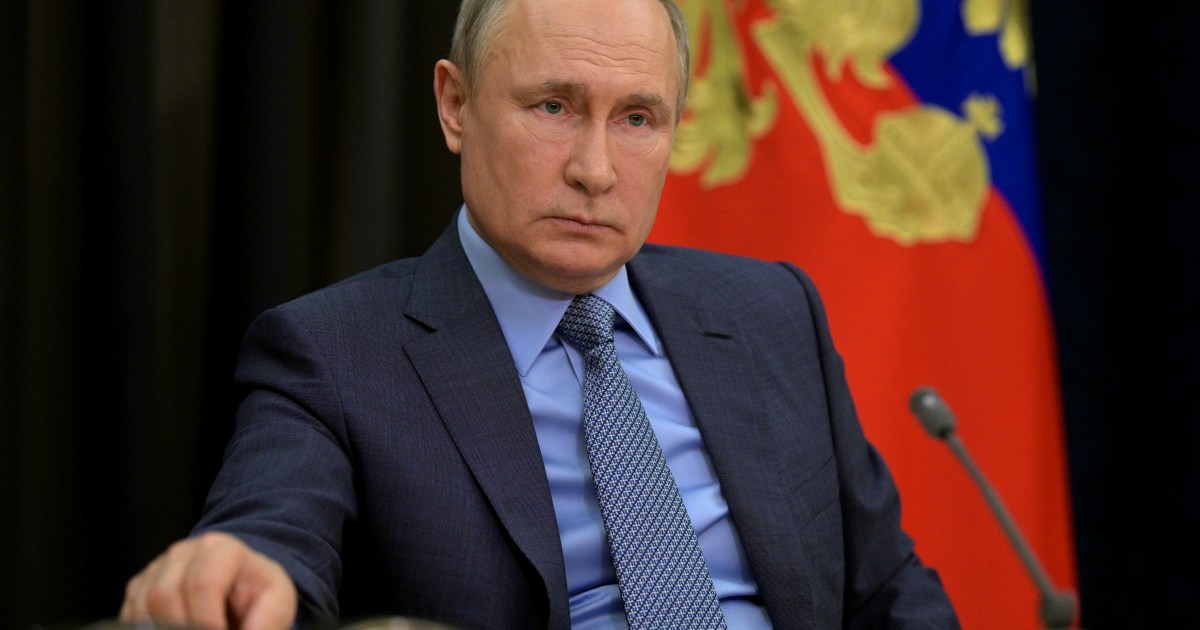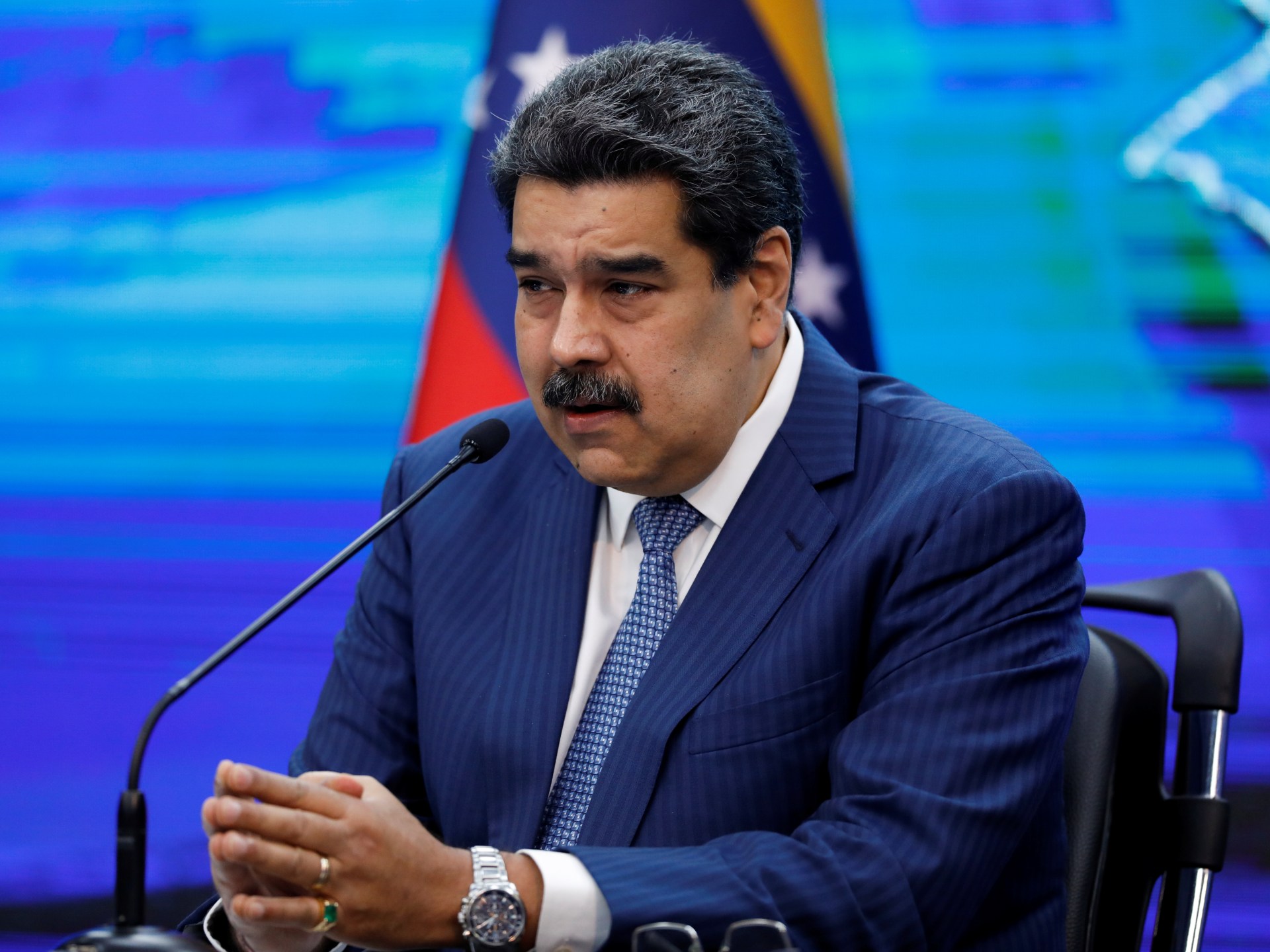Desperate for diaspora: Lebanon begs for a tourism cash injection | News
Beirut, Lebanon – Lebanon continues to reel from rampant power cuts and water shortages, as its years-long economic crisis continues.
But its government is banking on a summer tourist season for a much-needed cash injection, courtesy of thousands of Lebanese working abroad who are expected to come back on holiday.
This summer, Lebanon is desperate, more than ever, for its diaspora.
“I am asking with all my love for our family and friends to come to Lebanon,” the caretaker tourism minister Walid Nassar said at the country’s international airport earlier this month. “They will spend money anywhere they go, but Lebanon is today in greater need.”
The tourism ministry, with funding from a number of companies, set up billboards depicting Lebanon’s beaches, rivers, ancient towns, and historical sites. An optimistic Nassar anticipates that a million tourists will arrive in Lebanon this summer, pouring up to $3.5bn into the economy.
But over at Ferdinand’s, a gastropub off Beirut’s once-bustling Hamra Street, the mood is far more subdued.
“You can only hear people talking about either their love life or the situation in Lebanon,” owner Riad Aboulteif told Al Jazeera.
Like hotels, cafes, and restaurants across the country, the pub gets a spike in clientele over the summer and around Christmas. “Yeah, we definitely get a minimum increase of 20 percent or so,” Aboulteif explains. “But that extra revenue doesn’t last very long.”
Rampant power cuts over the past year, a more than 1000 percent increase in the price of food, and a Lebanese pound that has lost more than 90 percent of its value against the dollar in three years are just a few of the many factors that make operating a business an expensive for Aboulteif.
He has recently been forced to move the pub a few blocks next to a hotel, where it can benefit from a supply of electricity to keep its lights on, and refrigerators running without interruption.
“We used to pay a lot for two private generator subscriptions, so we had to eventually move,” Aboulteif said. “You can’t serve your customers spoiled goods.”
Lebanon’s lease of life
Even before Lebanon’s economy started spiralling about three years ago, the authorities relied heavily on the country’s diaspora sending remittances from abroad to strengthen the economy
Agriculture, manufacturing, and other productive economic sectors were already suffering well before the fiscal crunch.
Now, more than three-quarters of the population lives in poverty.
Last summer, many Lebanese living abroad brought suitcases of life-saving medicines and battery packs for families, friends, and charities when they came home for the summer, hoping to help soften the blow of the economic crisis.
This summer, the cash the diaspora brings home will help people survive.
Mohamed Ray-Zack, a Palestinian clinical researcher living in the United States, has long sent money to his parents and relatives in Lebanon. “It’s to help cover rent, generator and utility bills, and skyrocketing food prices,” Ray-Zack told Al Jazeera over the phone.
“Things have been quite bad in Lebanon for as far as I can remember, and now there doesn’t seem to be a turning point for the better.”
Remittances have become a key industry in Lebanon; they make up a share of more than 54 percent of Lebanon’s GDP, one of the highest in the world.
“This is catastrophic and characteristic of failed states,” Sami Zoughaib, a Lebanese economic analyst at The Policy Initiative, a think-tank in Beirut, told Al Jazeera. “That tells you all you need to know about the current state of affairs.”
After elections in May, Lebanese President Michel Aoun reappointed Prime Minister Najib Mikati for a new term.
Mikati is hoping to secure a deal with the International Monetary Fund to restructure the economy and make it viable again.
For now, the authorities are struggling to implement fiscal reforms and help the struggling banks.
A digital future?
With much of Lebanon’s population no longer trusting banks and relying on remittances to secure cash, some see a long-term opportunity to digitise and regenerate Lebanon’s financial sector.
“We went back to the era before credit cards existed – we’re a cash and dollarised economy like [we were] 30 or 40 years ago,” Karl Naim, the founder of Purpl, an app that helps manage and send remittances told Al Jazeera. “It’s sad.”

Naim says he is trying to make remittances easier and cheaper by giving the recipients more options for how to withdraw their dollars.
But he says the goal is not to normalise remittances as much as it is to eventually offer a wider variety of cheaper, digital options and pave the way for a new chapter for Lebanon’s financial sector.
Yet Lebanon’s bureaucracy still stands in the way.
Naim hopes Purpl will soon be able to launch a digital wallet, but he and his colleagues have been waiting for the Lebanese Central Bank to issue them a license for nearly a year.
“We’re new players in the market and aren’t affiliated to anyone [political groups],” he explained. “Maybe that’s a reason why it’s taking a little longer for us to get it.”
While he waits, Lebanon’s woes are not going away anytime soon. And as the country’s economy continues to stall, weak social services crumble.
“Remittances have an effect but the government also overplays [that effect] to a great extent in order to kick the can down the road,” Zoughaib said, explaining that relying on remittances is a short-term model and not the same as attracting investments to the economy.
“The objective of remittances is to make sure that those who receive them don’t starve.”





Pingback: 드라마 다시보기
Pingback: สล็อตเว็บตรง